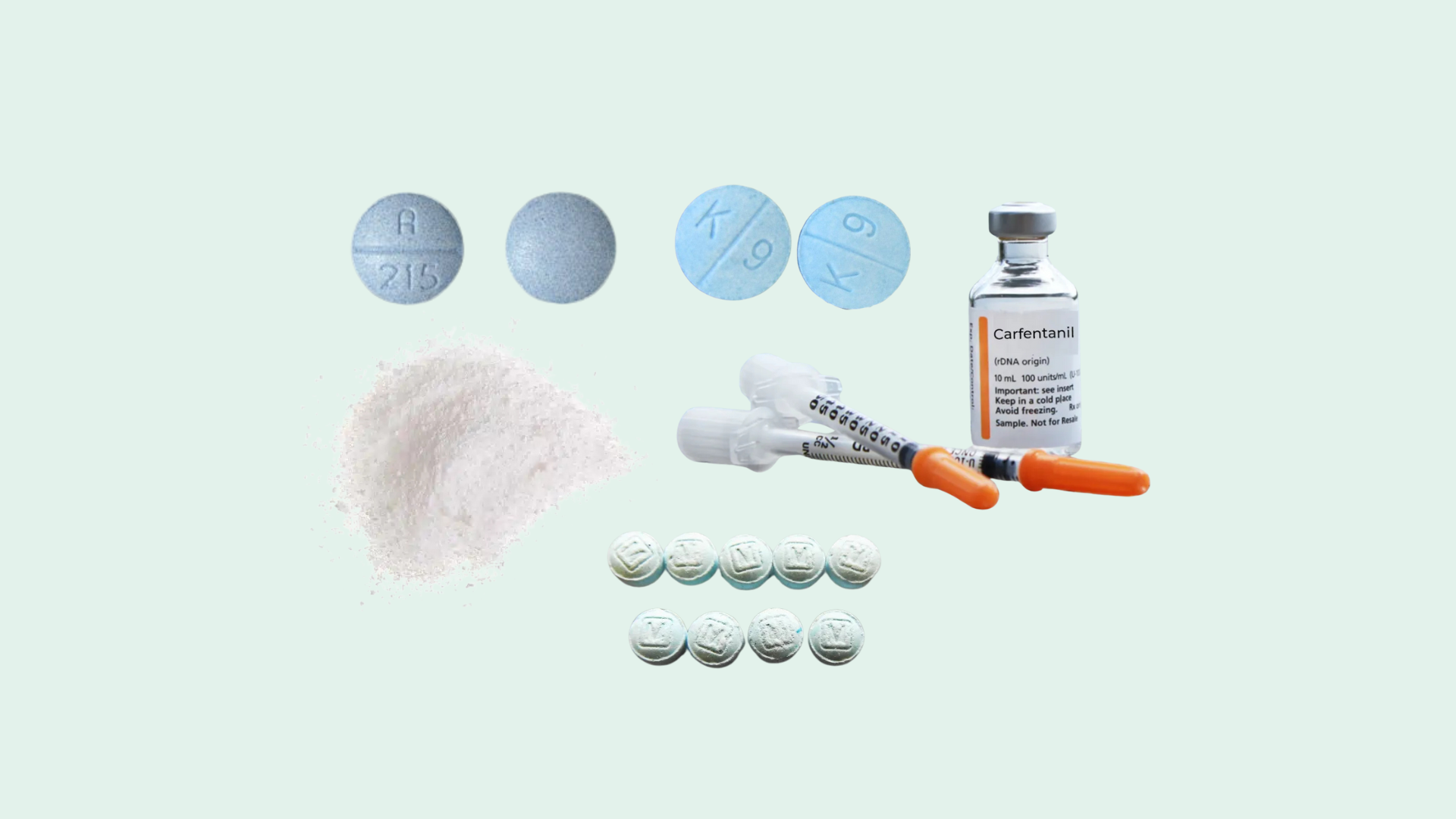Short-term and Long-term Effects of Carfentanil Use
When you use carfentanil, you’re exposing yourself to a range of short-term effects that can take hold almost immediately. For instance, symptoms of carfentanil use include
- Dizziness
- Clammy skin
- Shallow breathing
Due to its powerful impact on the central nervous system, it can rapidly slow down both your respiratory and nervous systems. This deceleration can lead to heart failure and, quite alarmingly, a near-instant drop in your overall physical stability. However, the immediate risks pale in comparison to the potential for a carfentanil overdose. An overdose occurs swiftly, resulting in severe respiratory failure. You’ll likely experience signs such as
- Sleepiness
- Difficulty breathing
- Constricted pupils
- Confusion
- Unconsciousness
Without intervention, a carfentanil overdose can lead to death. This is partly due to carfentanil’s ability to impair its clearance at higher doses, causing its effects to accumulate in a non-linear and unpredictable manner.
Over time, constant exposure can lead to chronic respiratory depression and a lasting impact on your nervous system. Psychological dependencies also develop, making it incredibly challenging to break free from the drug’s grasp. In fact, due to its high potency, you may find standard treatments like naloxone less effective in reversing its effects, complicating efforts to manage or quit usage.
Addiction to carfentanil often requires an extensive and carefully monitored detox process. This isn’t surprising considering research suggests the half-life values of carfentanil and norcarfentanil after recreational exposure are significant—upwards of several hours. This extended presence in your body prolongs its adverse effects and makes the detox process more complex and demanding.
Overall, understanding the journey from short-term exposure to long-term addiction is crucial in grasping the full impact of carfentanil use. The immediate dangers are frightening, but it’s the prolonged and deep-rooted consequences that truly underscore the gravity of carfentanil addiction.
Navigating Carfentanil Detox: What to Expect
Entering the realm of detoxification from carfentanil is undoubtedly challenging, but understanding what to expect can help prepare you for the journey ahead. First and foremost, it’s crucial to seek professional medical assistance. Withdrawal from carfentanil can be severe and may require a controlled environment to manage the symptoms safely.
- Initial assessment: The detox journey typically begins with a thorough medical evaluation. Medical professionals will assess your physical and psychological state to create a tailored treatment plan. This initial step is vital for addressing underlying health issues and determining the best course of action for your detox program.
- Acute withdrawal phase: During the acute phase, you may experience intense symptoms such as nausea, vomiting, severe anxiety, muscle aches, and insomnia. This period can last from a few days to weeks, depending on the duration and severity of carfentanil use. Due to the potent nature of carfentanil, withdrawal symptoms might be more extreme compared to other opioids.
- Medication-assisted treatment (MAT): To alleviate some of the withdrawal symptoms, doctors may prescribe medications such as methadone, buprenorphine, or naltrexone. These medications can help manage cravings and reduce the physical discomfort associated with withdrawal, making the detox process a bit more bearable.
- Continuous monitoring: Given the high risk of complications during carfentanil detox, constant monitoring by healthcare professionals is essential. This ensures any adverse reactions can be promptly addressed and supportive care can always be provided.
- Supportive therapies: Beyond medical treatments, various supportive therapies play a critical role in detox. Counseling, emotional support, and cognitive behavioral therapy (CBT) are often employed to help address the psychological aspects of addiction. These therapies aim to provide coping mechanisms and equip you with tools to handle triggers and potential relapse situations.
Remember, detox is just the beginning. A long-term treatment plan, including comprehensive rehabilitation and ongoing support, is indispensable for maintaining sobriety. The journey through detoxification can be arduous, but with the right medical guidance and support, it’s a meaningful first step toward recovery from carfentanil addiction.
Treatment Options for Carfentanil Addiction
After completing detoxification, patients are often presented with several options, such as inpatient treatment, intensive outpatient programs, or outpatient programs with counseling or therapy. Programs should include some type of MAT element so that a person who previously had active opioid use disorder (OUD) has a better chance of success.
Inpatient treatment programs are often 28 days but can be longer depending on a person’s needs. Intensive outpatient does not always have an exact time frame, but patients typically attend three- to four-hour long sessions, four to five days a week.
Outside supports, such as attending Narcotics Anonymous meetings, can also significantly help someone in carfentanil recovery.
The path to recovery is challenging but not impossible. Embracing a holistic approach that combines medication, therapy, and support systems can make a significant difference. Remember, everything in this journey aims for one goal: recovery. With the right support and a strong commitment to healing, anyone struggling with carfentanil addiction can transform their life and regain control.

